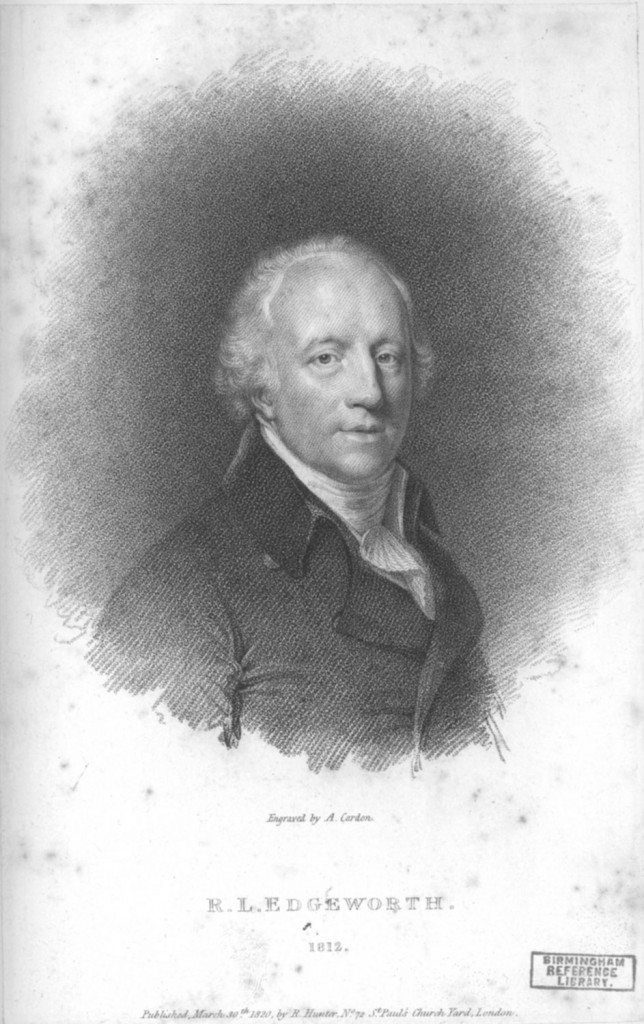The Lunar Society and Education
Image: Richard Lovell Edgeworth, member of the Lunar Society, inventor and writer. The educational publication, Practical Education was written with his daughter, Maria.
Image from: Local Studies and History, Birmingham Central Library
Dissatisfied with the limited, traditional classical education which was common fare for boys of the upper and middle classes and which looked backwards to the triumphs of past civilizations, rather than forward to the achievements of the new, members of the Lunar Society believed in a new modern and scientific education. They showed their advanced ideas through the education they gave to their own children at home or through the most progressive institutions they could find in Britain or on the continent.18The chief educationalists in the Society published educational works to diffuse their ideas. Two of them had practical experience of teaching, Priestley, as seen above, and Richard Edgeworth, who educated his nineteen children by his four successive wives at home. All the Lunatick educationalists agreed on a rational education, which enabled children and students to think for themselves, to back their ideas with evidence and to replace rote learning with a practical understanding of how things were or worked. The knowledge they so deeply desired was scientific both with regard to content and method. They wanted to understand in every way the world in which humans lived. They might retain classics for a “gentleman’s education”, but devote far less time on them, preferring instead to study ‘modern’ subjects including not only science and its application, but modern history based on sources, English literature and modern languages. They were not against the arts but fused them with science to produce a new culture. This was exemplified in Wedgwood’s pottery and Darwin’s poetry.19
18 Julia Wedgwood, The Personal Life of Josiah Wedgwood the Potter, 2 vols. (Manchester, 1915), II, 433, 547- 548, 555-6; Henrietta Litchfield (ed.), Emma Darwin. A Century of Family Letters 1792-1896, 2 vols. (1915), I, 61-2.
19 E. Darwin, The Botanic Garden, (1795) canto 1, 84-90, note XXII, 53-9 and passim.
« Previous in this sectionNext in this section »Continue browsing this section
 Joseph Priestley and his Influence on Education in Birmingham
Joseph Priestley and his Influence on Education in Birmingham
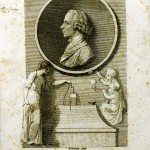 Priestley’s Educational Philosophy
Priestley’s Educational Philosophy
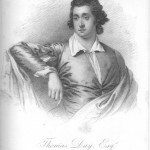 The Lunar Society and Education
The Lunar Society and Education
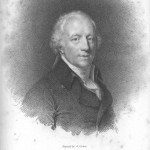 The Lunar Society and Education
The Lunar Society and Education
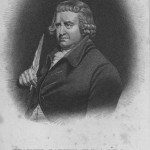 The Lunar Society and Education
The Lunar Society and Education
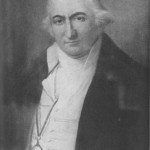 The Lunar Society and Education
The Lunar Society and Education
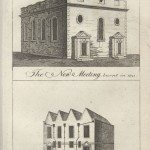 Birmingham: Priestley’s Educational Inheritance
Birmingham: Priestley’s Educational Inheritance
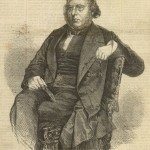 From Priestley to the Hills
From Priestley to the Hills
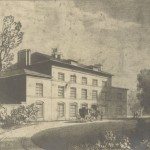 A “Modern” Education
A “Modern” Education
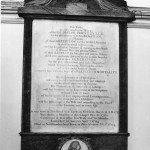 Liberalism and an Educative Society
Liberalism and an Educative Society
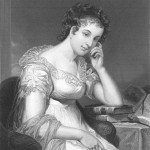 Women’s Education and Emancipation
Women’s Education and Emancipation



